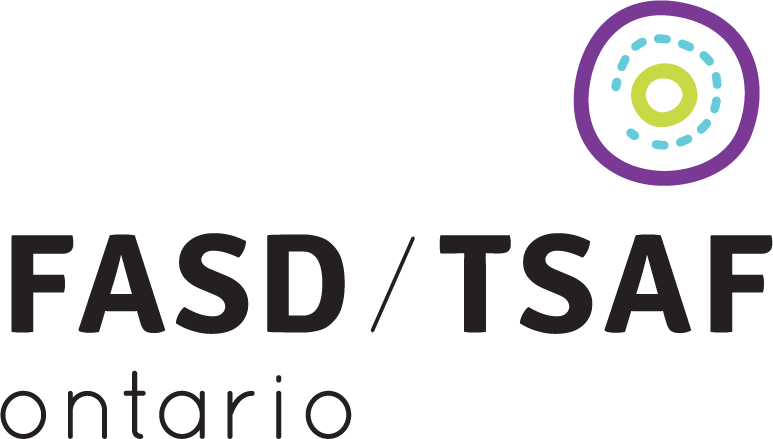Psychotropic Medication Algorithm for FASD/Prenatal Alcohol Exposure – Summary for Caregivers

A decision-tree style medication algorithm to guide prescribers as they see patients with Fetal Alcohol Spectrum Disorder/Neurobehavioral Disorder Associated with Prenatal Alcohol Exposure (FASD/ND-PAE)
Dealing with anxiety

Many children with FASD have anxiety issues. As caregivers, we would like to protect our children from anxiety issues, but if we help them cope with anxiety instead, they can learn fundamental skills that will guide them throughout their lives.
Grief after the loss of a loved one

Key points to remember about the complexity of grief issues affecting people with FASD
Moving Towards FASD-Informed Care In Substance Use Treatment – Version 2: Adults & Youth
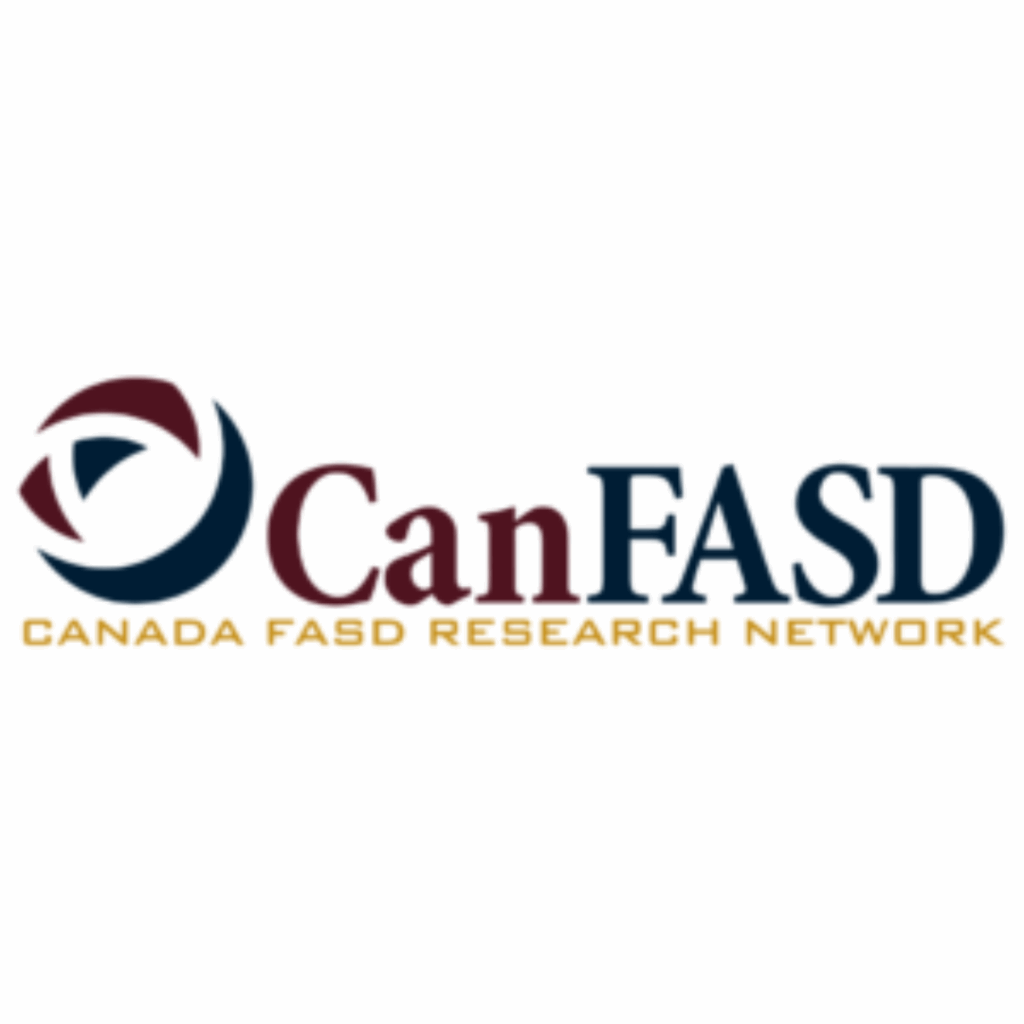
This guide outlines current practices to support individuals with FASD who are in treatment for substance use.
Indigenous Approaches to FASD Prevention: Wellness

This booklet presents cultural connections as both prevention and intervention measures in discussions about FASD with Indigenous communities. The booklet focuses on supporting mental wellness to address contraception, alcohol use, and pregnancy planning in preventing FASD.
Aggression Towards Family and Caregivers in Childhood and Adolescence (AFCCA): Managing Aggression at Home
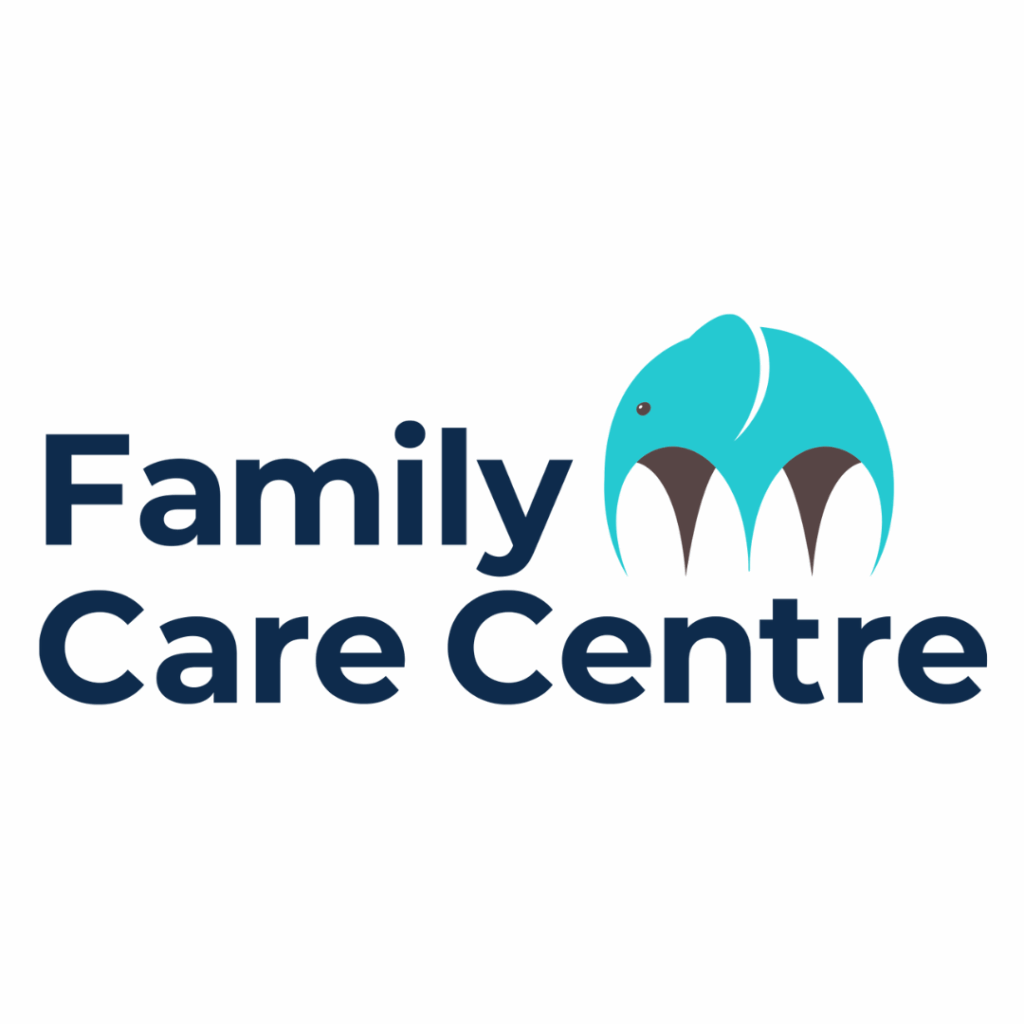
This resource will guide families toward strategies and resources to support parents and caregivers, the child or youth exhibiting aggressive behaviours, and siblings or other family members in the home who may be impacted.
Prenatal alcohol exposure and health at midlife: Self-reported health outcomes in two cohorts

The Developmental Origins of Health and Disease Hypothesis (DOHaD) suggests prenatal alcohol exposure (PAE) should have implications for adult physical and mental health. Since the health profile of older adults with PAE and diagnoses of fetal alcohol spectrum disorder (FASD) is unknown, the current study evaluates self-reported health problems of midlife adults with and without a history of PAE to describe these outcomes.
Stress Relief Actvities
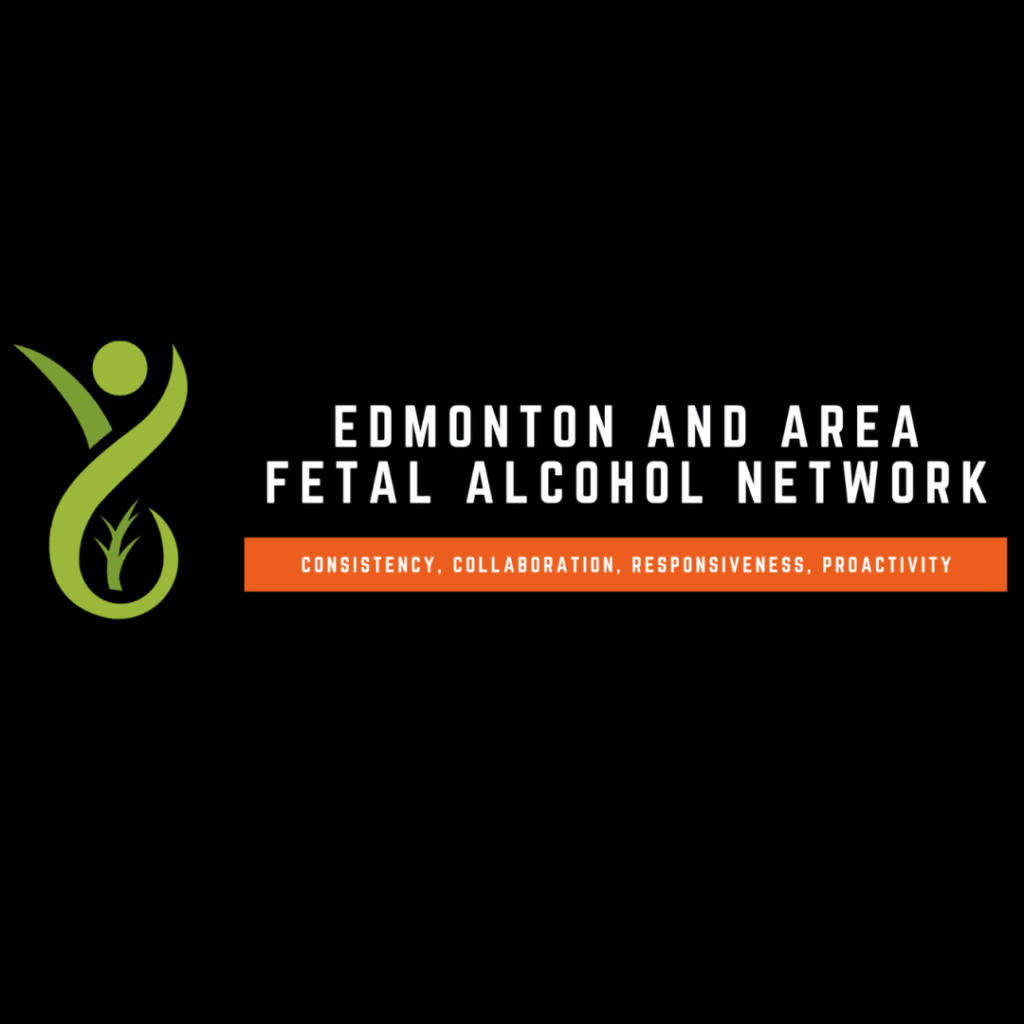
Stress relief for children with FASD (1 page)
Healthy Living Series
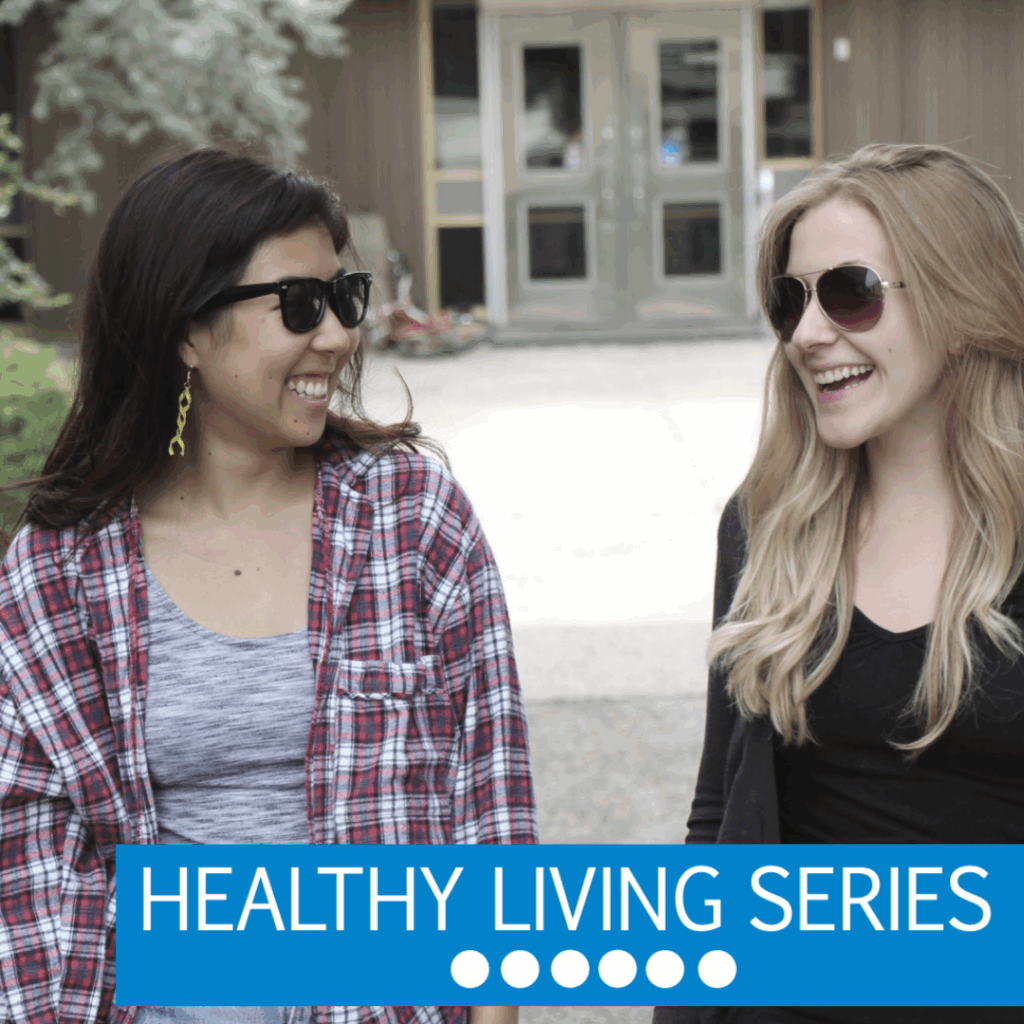
Information for people living with FASD on living healthy; nutrition, exercise, stress and sleep (37 pages)
Expert Statement on Physical Activity and Brain Health in Children and Youth
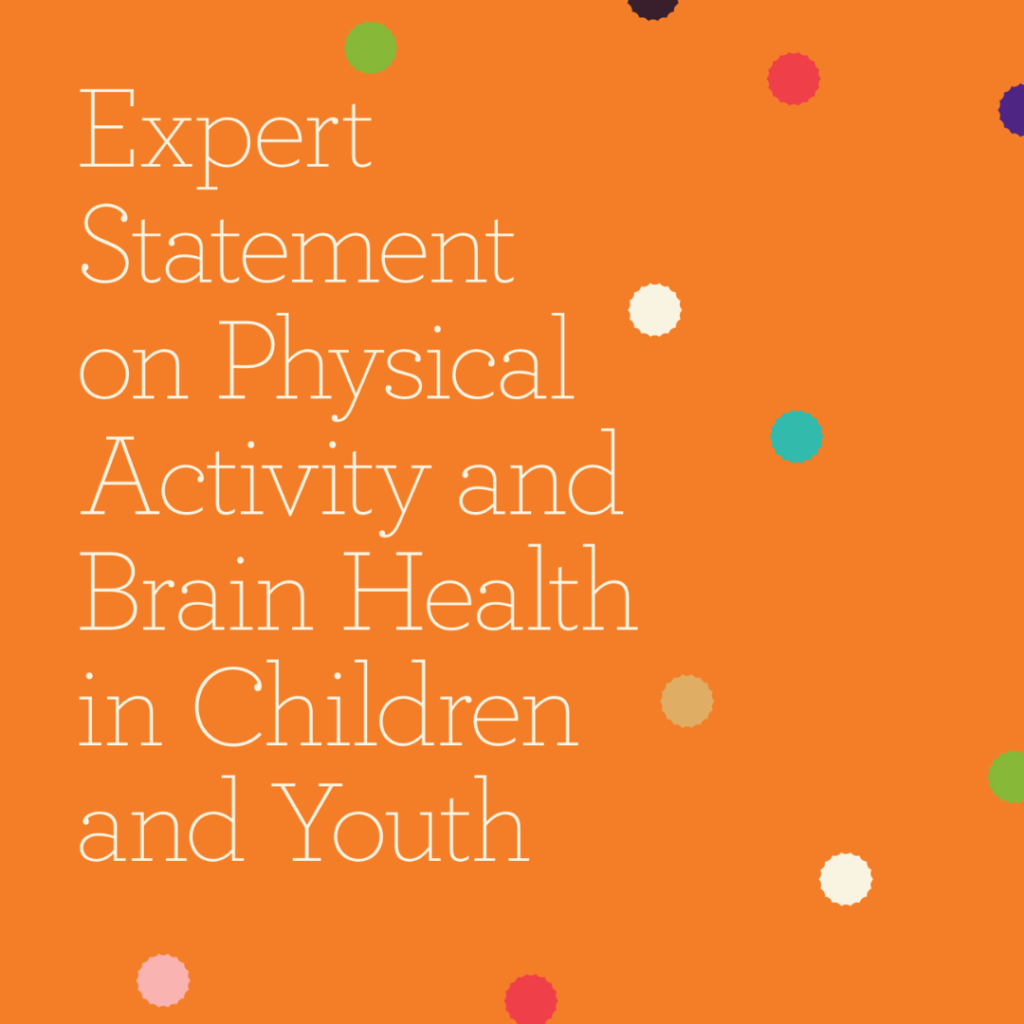
A team of experts in pediatric neuroscience and exercise science created this Expert Statement, looking at the relationship between physical activity and brain health in children and youth. Physical activity plays an important role in helping children and youth learn better, solve problems more creatively, and develop healthier brains. Children and youth who are least active or who have brain-based disabilities may have the most to gain.
Confabulation: When Lying Isn’t Lying
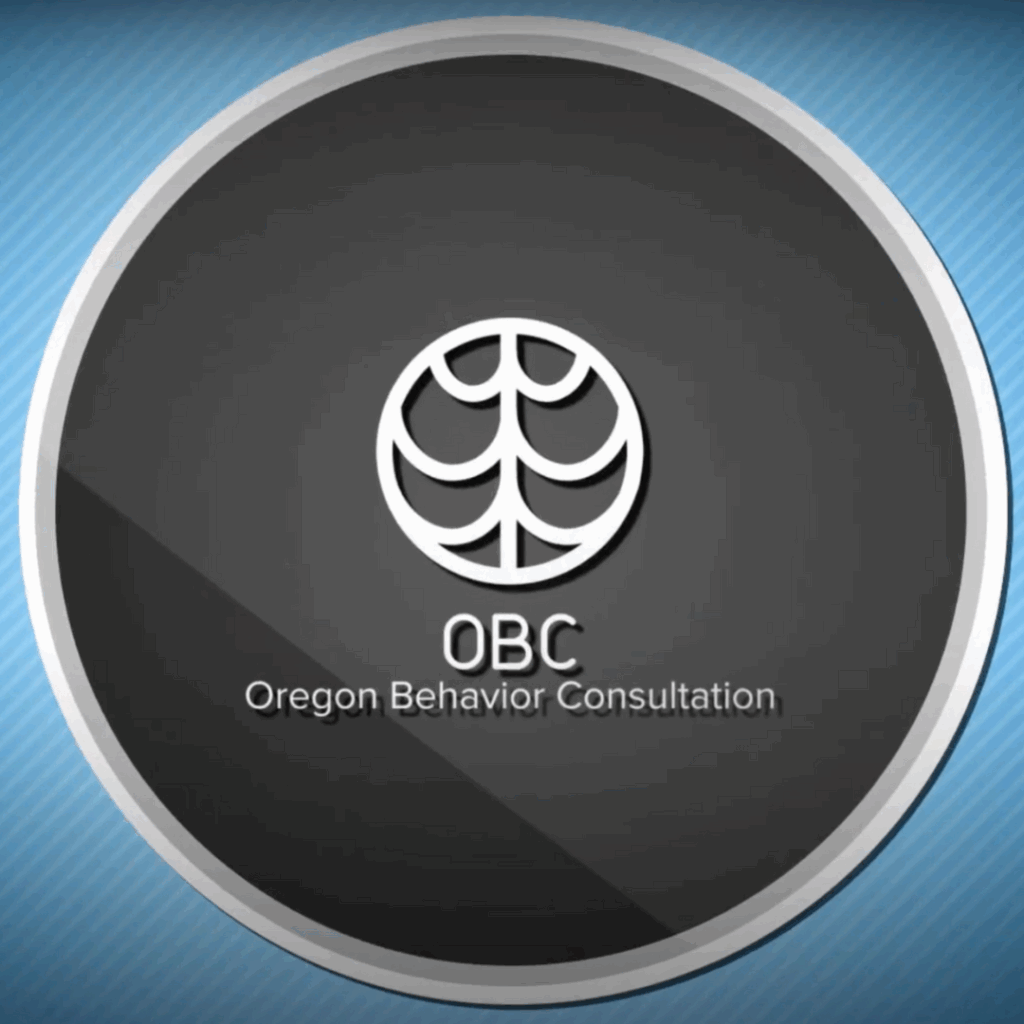
Information about confabulation and strategies for dealing with it (6 minutes)
Community Action Program for Children (CAPC)
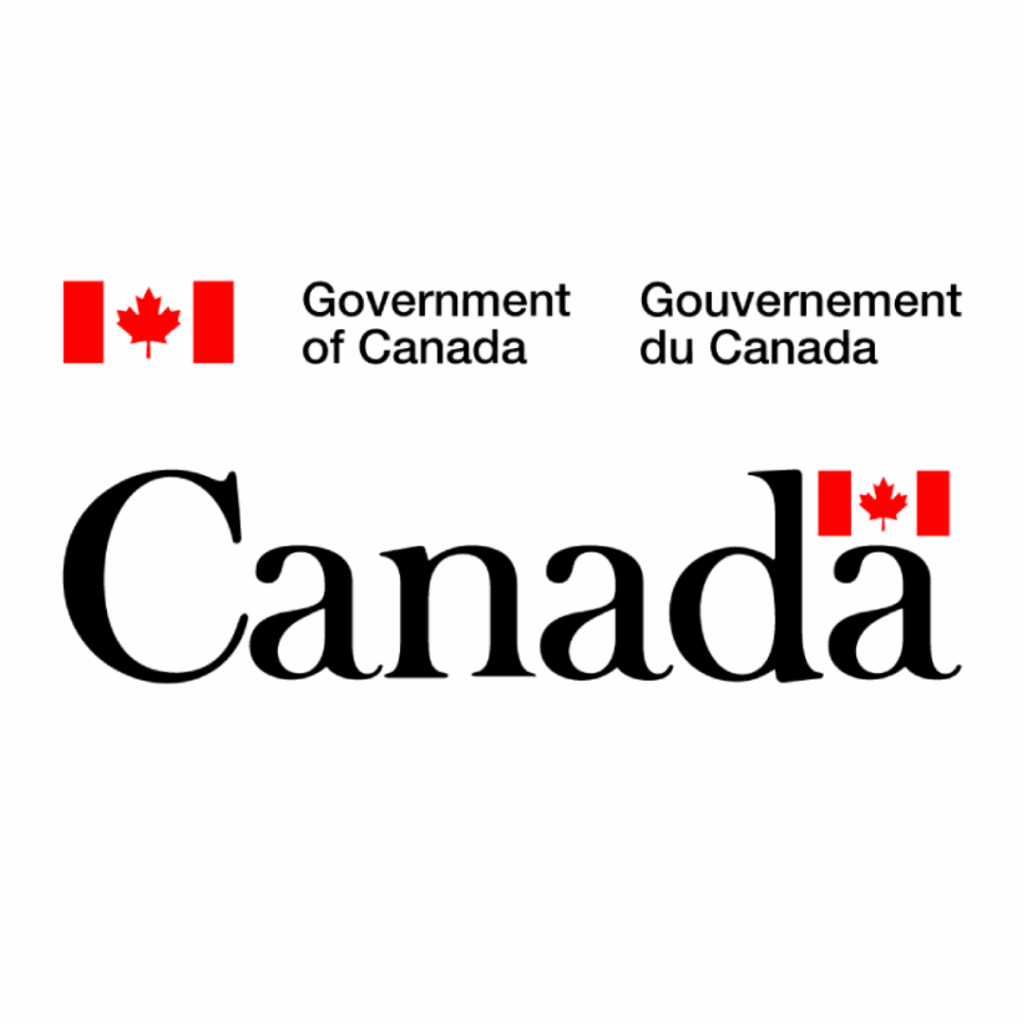
The Community Action Program for Children (CAPC) provides funding to community groups that promote the healthy development of young children from birth to age 6, who face challenges that put their health at risk.
